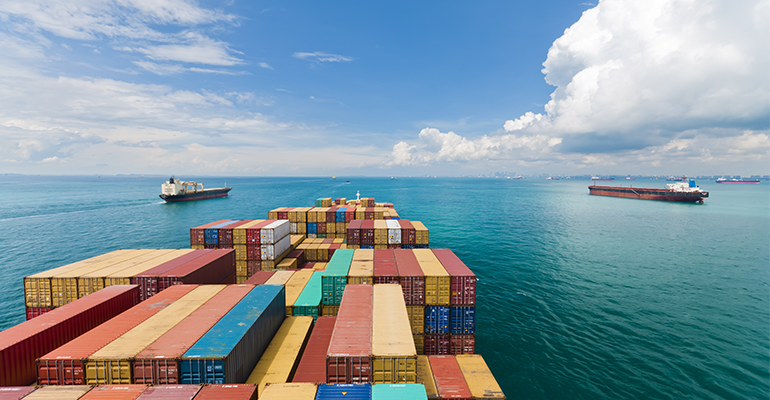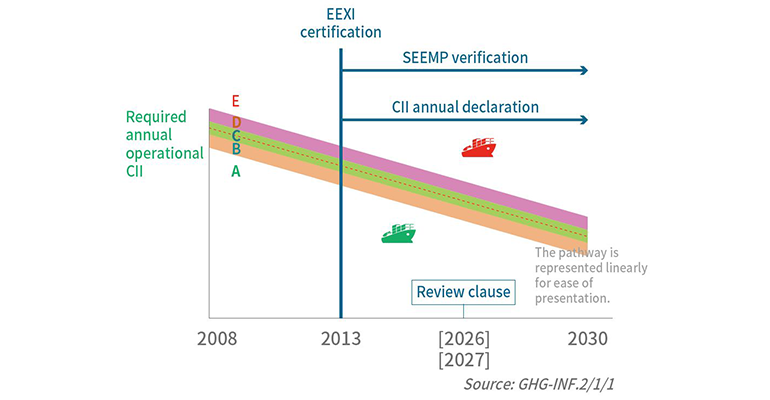
- This is PANASIA
- ESG Management
- History
- Smart PANASIA
- Contact information
 About
About
Check PANASIA introduction,
ESG management, and History
information
- Energy Solutions
- Air Solutions
- Water Solutions
 Eco-friendly Solution
Eco-friendly Solution
About Global environmental
regulation, Hydrogen business,
Air quality, and Water quality
environment solutions
- Product Service
- Service Network
- Customer Service
 Customer Support
Customer Support
Check the Panasia’s
after service
- About
- Eco-friendly Solution
- Customer Support
- Media
NEWS
GET ON BOARD RATHER THAN BE SWEPT

In the global trend of carbon neutrality, environmental regulations on merchant ships sailing the ocean have already been enforced most quickly and strongly among various industries since the early 2000s.
When the IMO made BWMS mandatory for all ships built from 2009 through the BWMS convention adopted in 2004, and also when the ship owners lose their option for the fuel oil through the enforcement of Sulfur cap 2020, ship owners always being suffered similar situations.
Looking at the current regulatory trend in 2023, in the case of BWMS, it can be confirmed through Clarkson's research that most ships have already completed installation or are under construction. Even though new BWTS suppliers are still getting their type approval through MEPC until the last minute with the deadline for installing existing ships. But in the end, based on follow-up management capabilities based on sales record, manufacturers within the top 5 global market share are expected to survive after 2024. De-SOx scrubbers went through a period of rapid decline due to the advent of dual fuel ships, but in accordance with the recent rise in LNG fuel prices, they are passing through the last period of a rebound right before disappearing completely from the market. Among the regulations, the hottest topic is the restriction of carbon dioxide emissions in exhaust gas. It is the regulation on existing ships that gives ship owners much more headaches than the EEDI for new building ships. Regarding this, it is difficult to find a clear solution other than OCCS while various technologies are fighting for the market trend.

Among various regulations, the Ship Carbon Intensity Index (CII) rating system, which will be implemented in earnest from 2023, is the most powerful piece of IMO environmental regulations. Ship owners must divide their ships into five grades according to carbon emission efficiency and continuously maintain at least a C grade. As a result of review by Korea's largest ship owner, about 25% of all ships are required to take measures to raise the CII rating before the life of the ship ends, but practically, there is no alternative other than OCCS.
I believe that ship owners will find a way to satisfy the rules too even in the situation of huge hurdles of a strong environmental regulations are enforced. And when we have to overcome unprecedented, burdensome and large hurdles, we must not forget that what ship owners need is a solution from superior technology around them.










